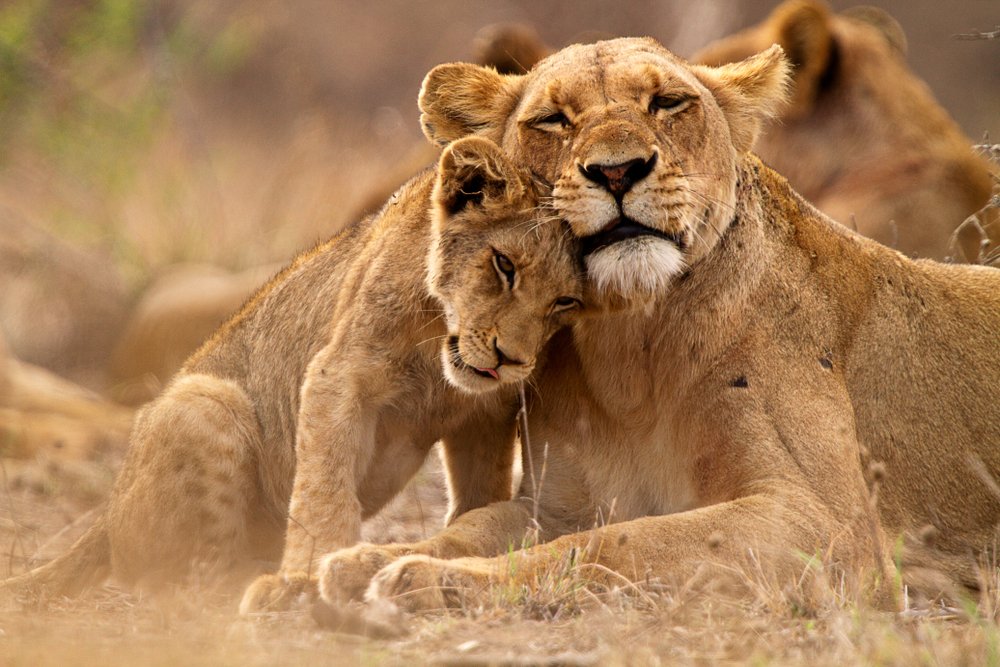
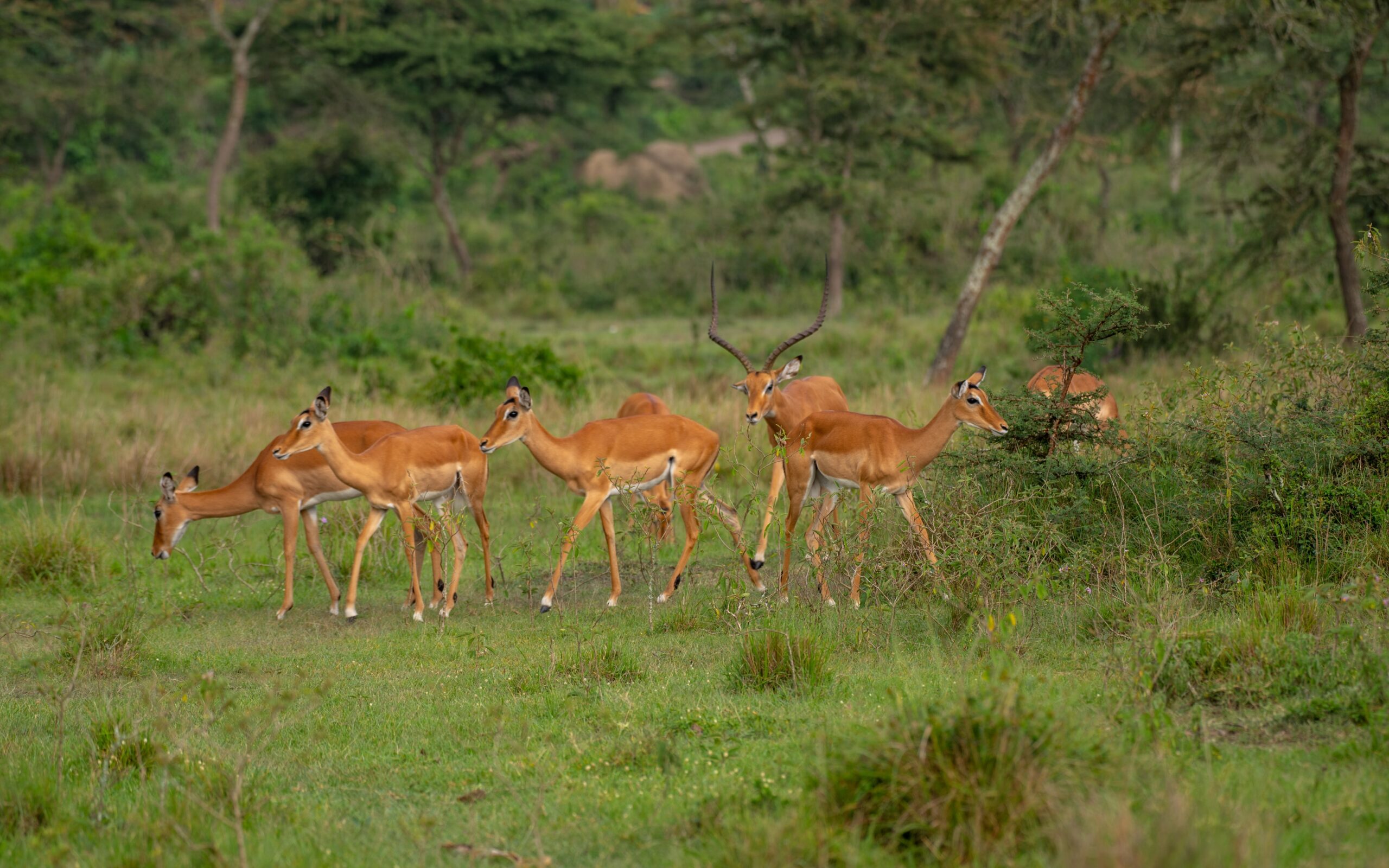
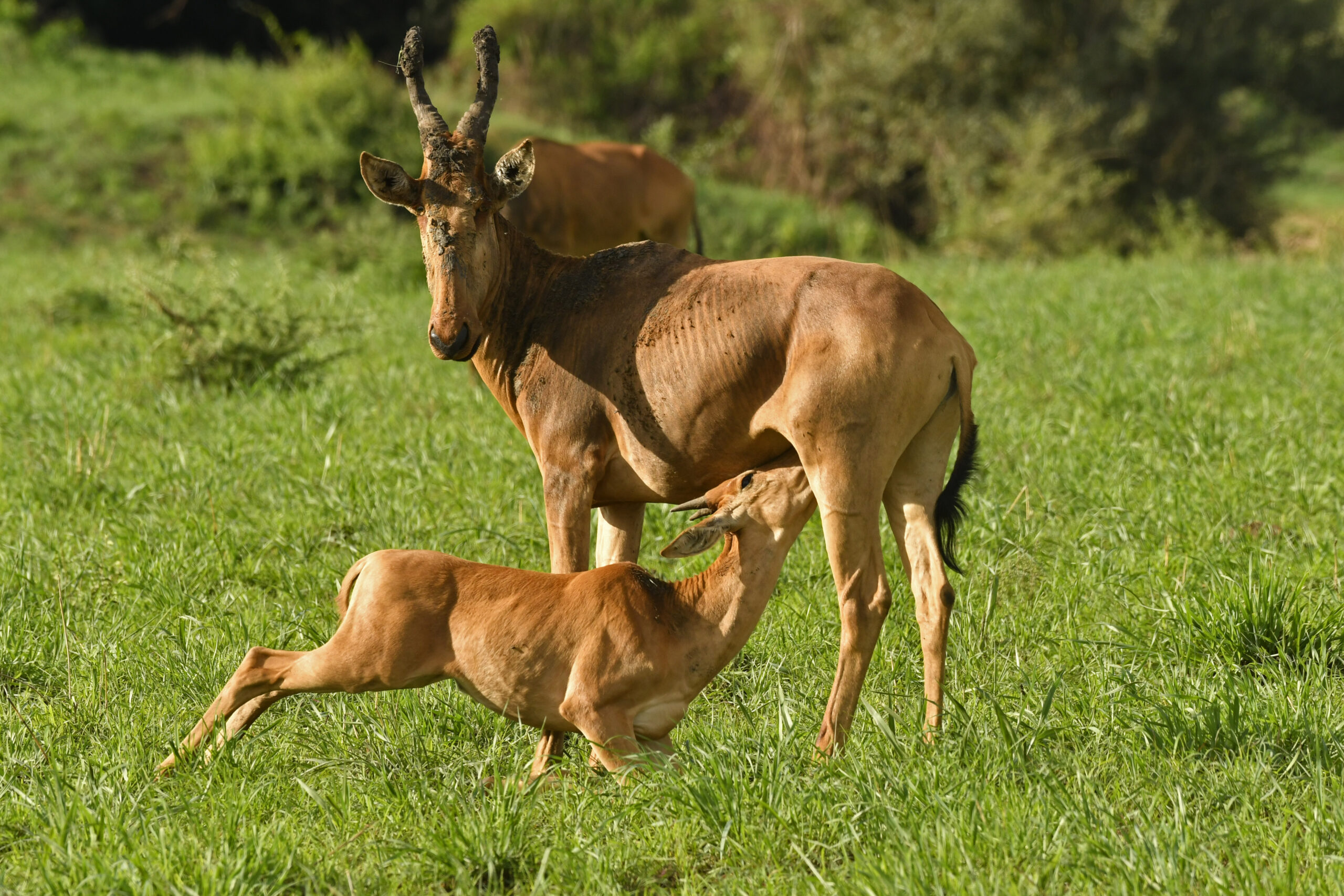
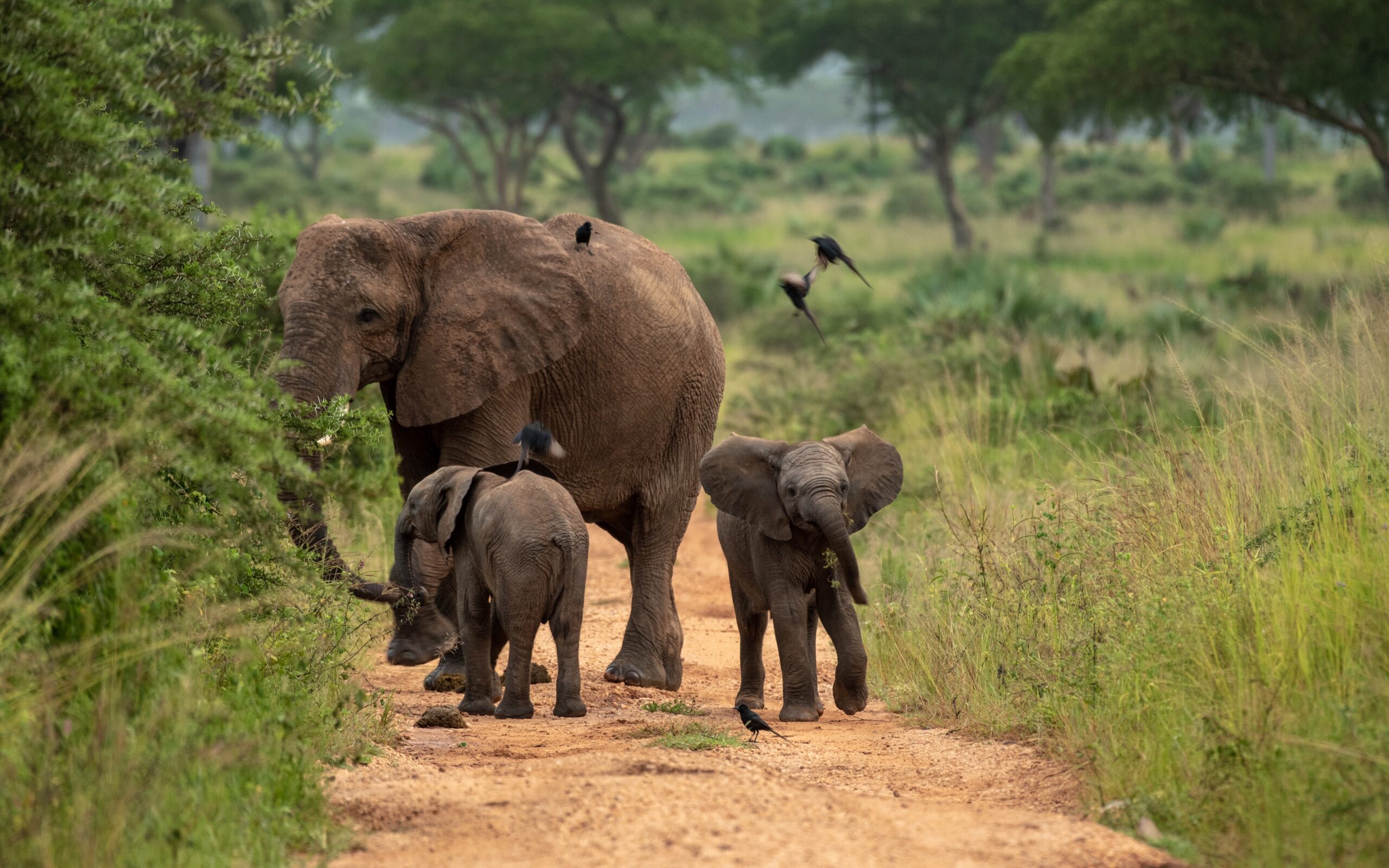
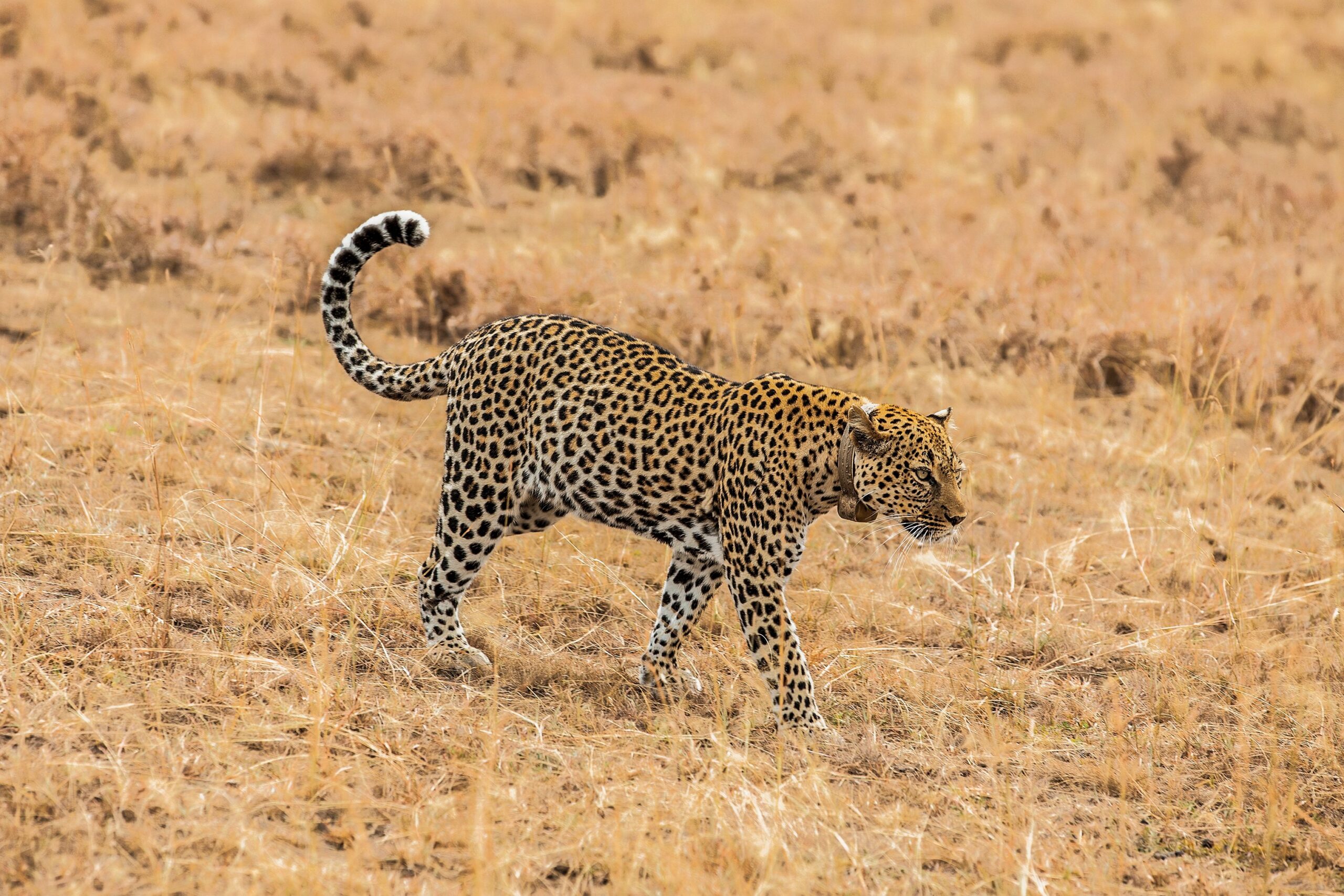
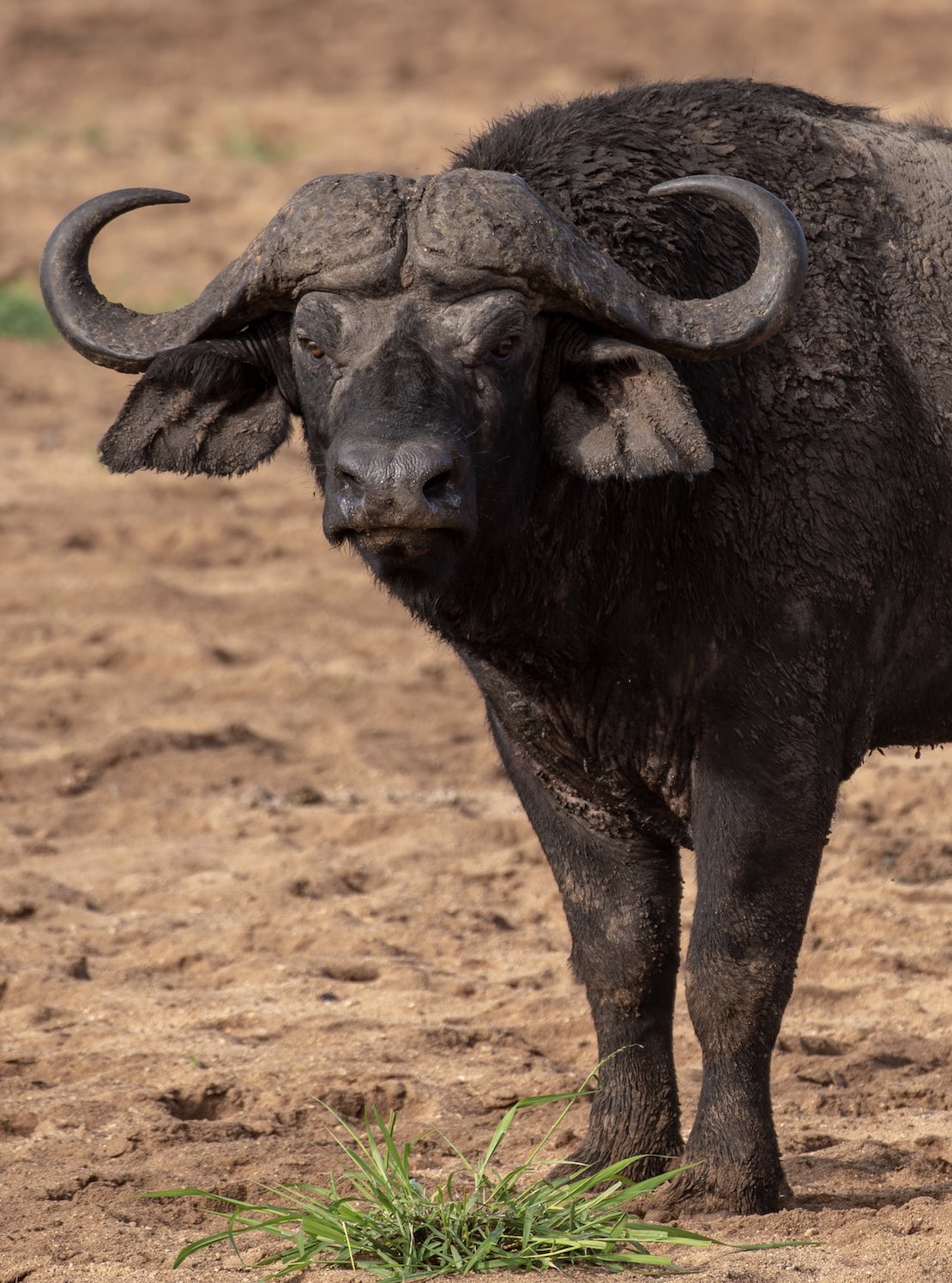
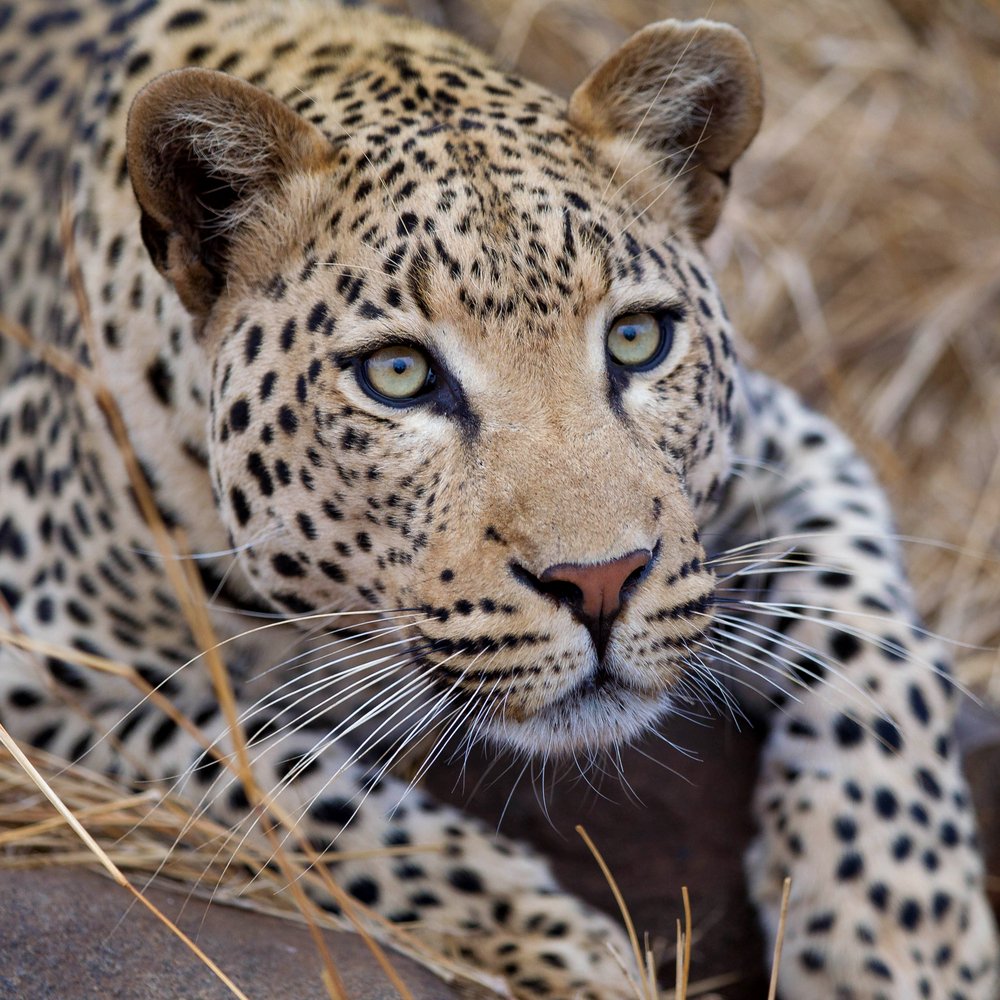
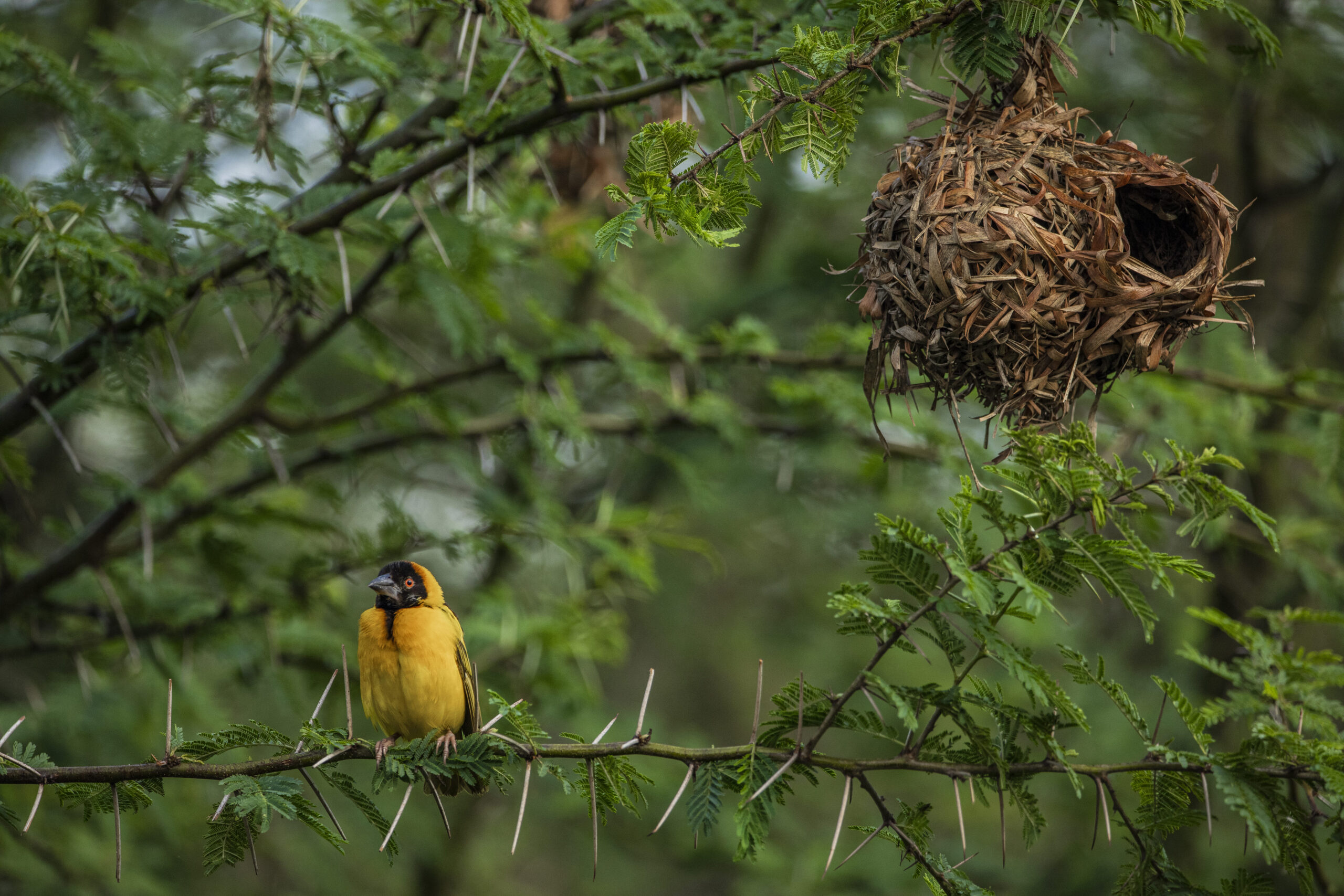
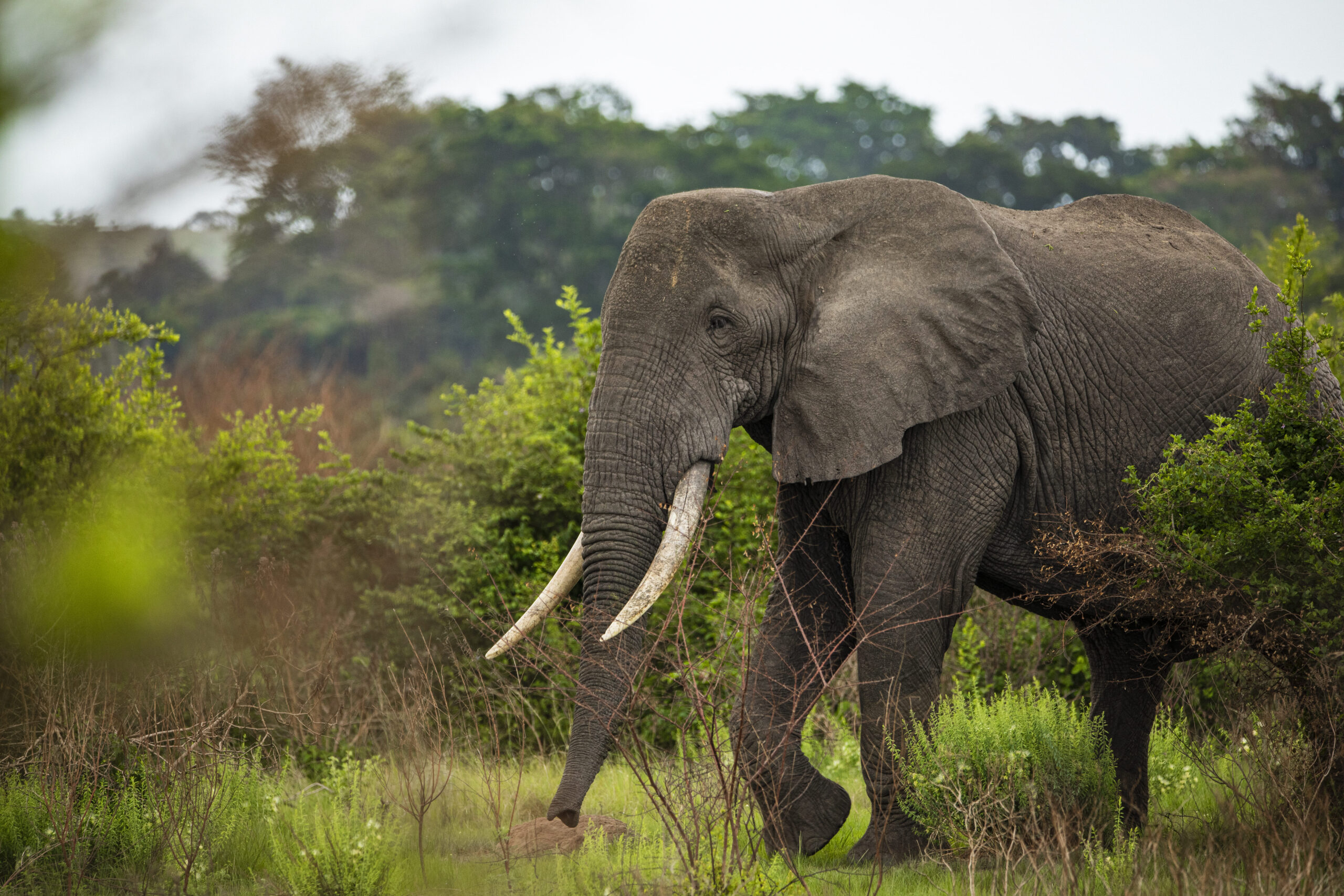
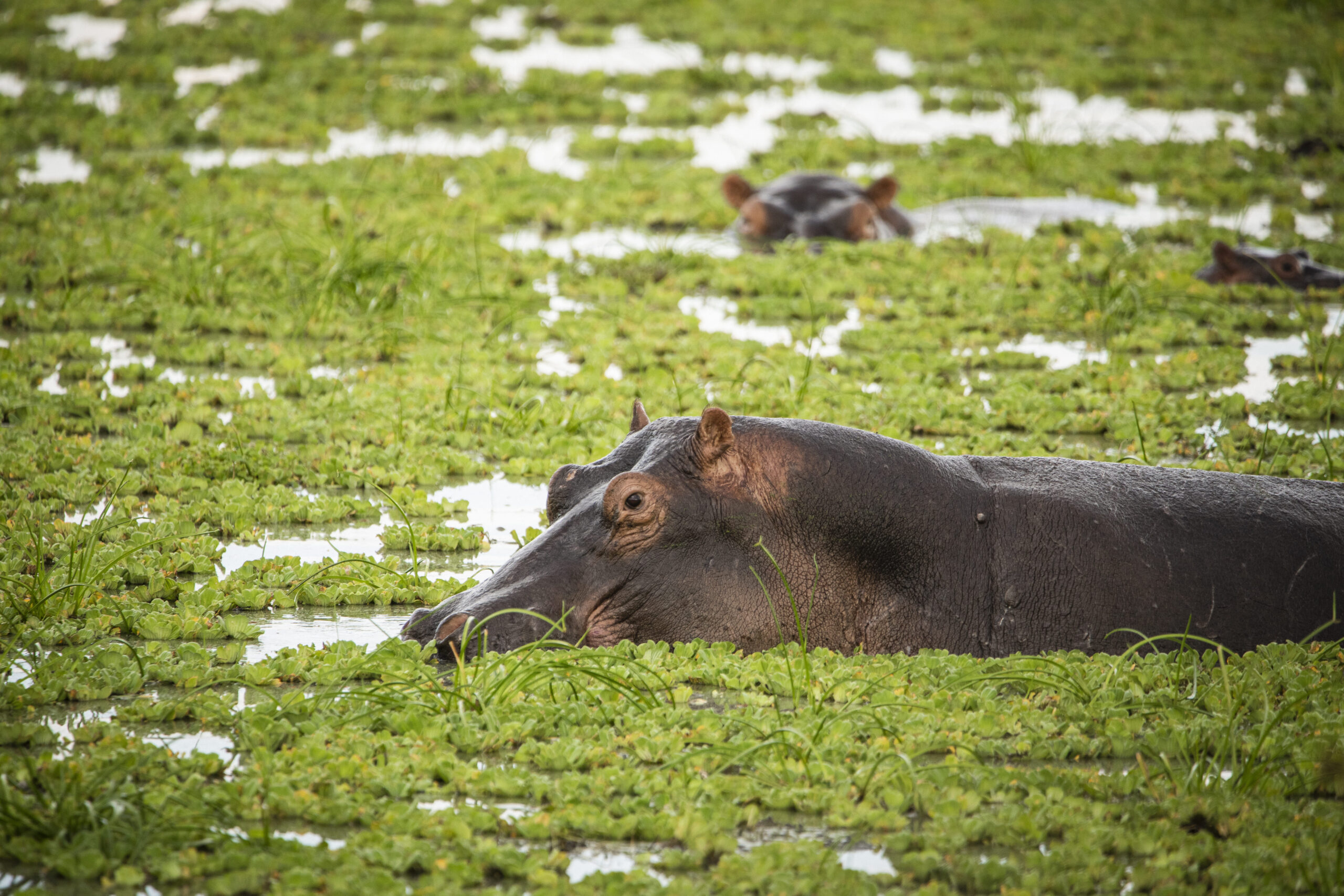
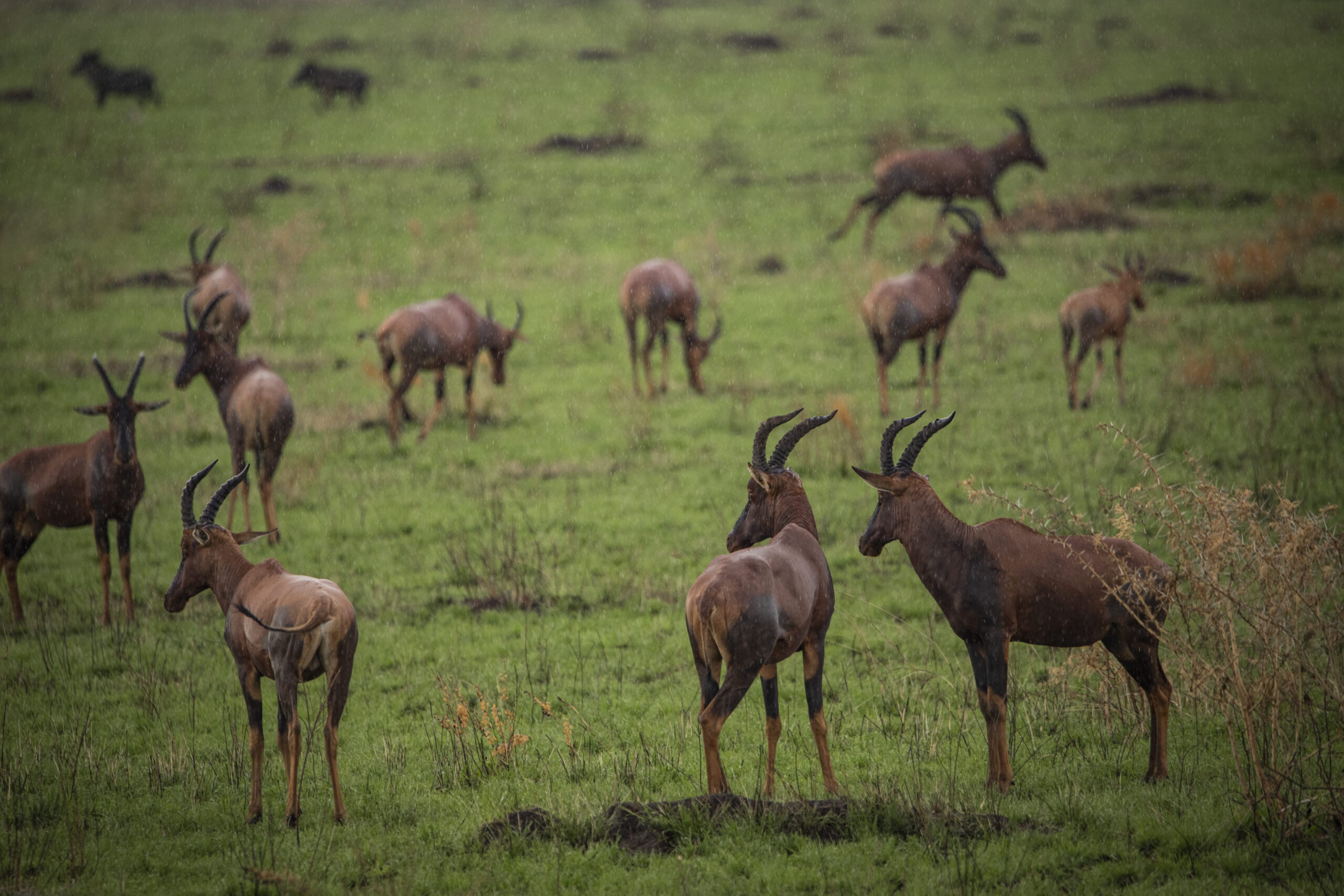
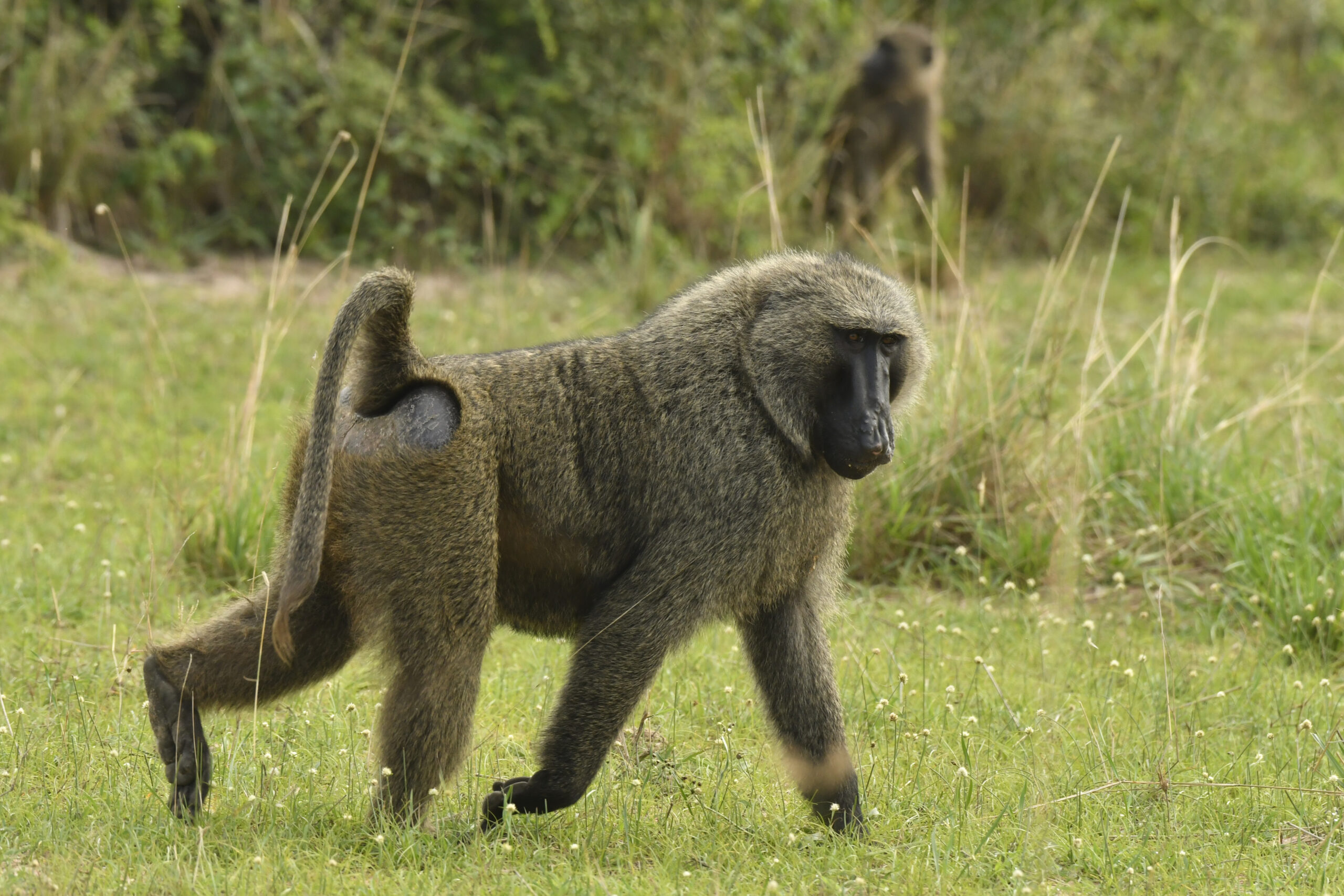
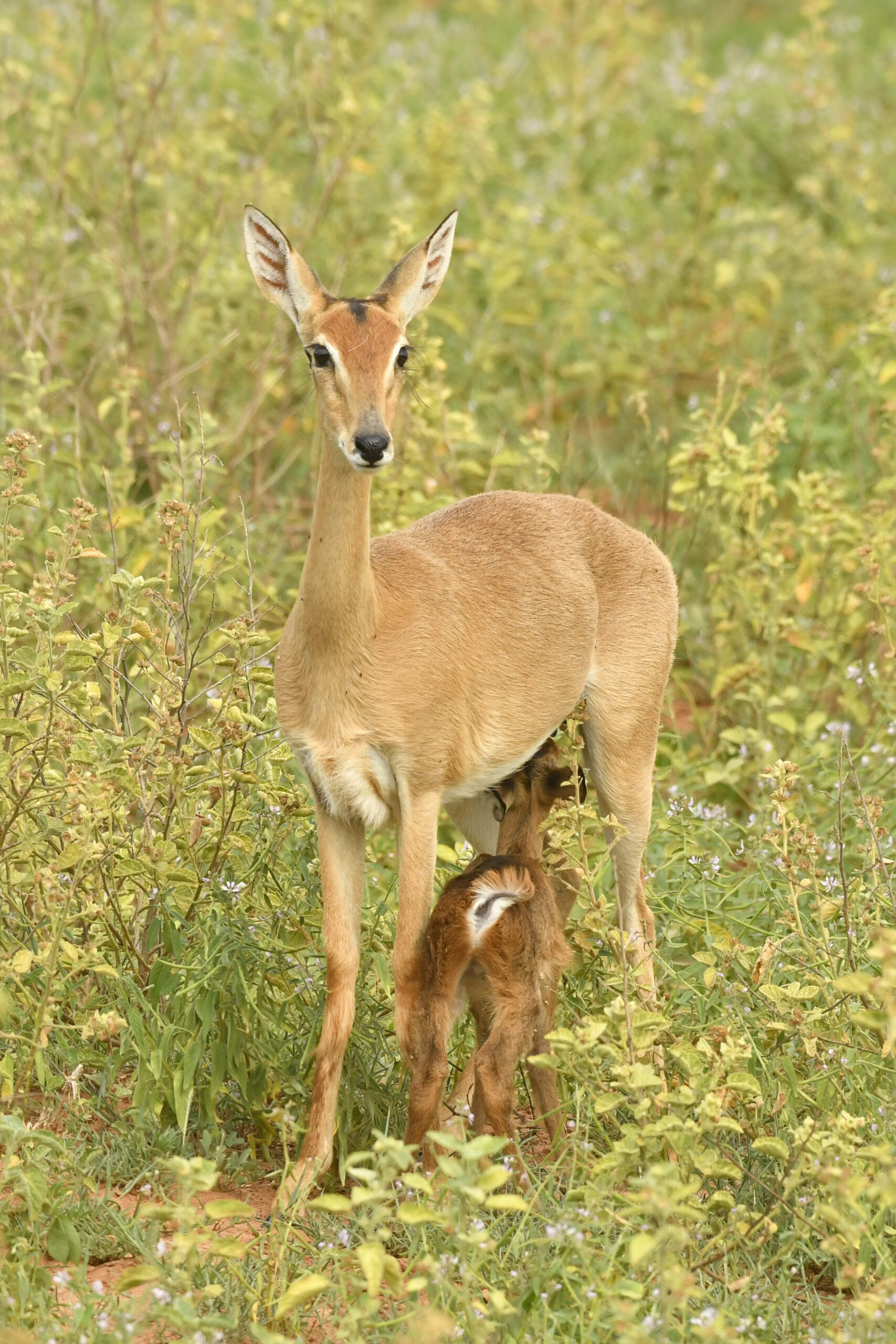
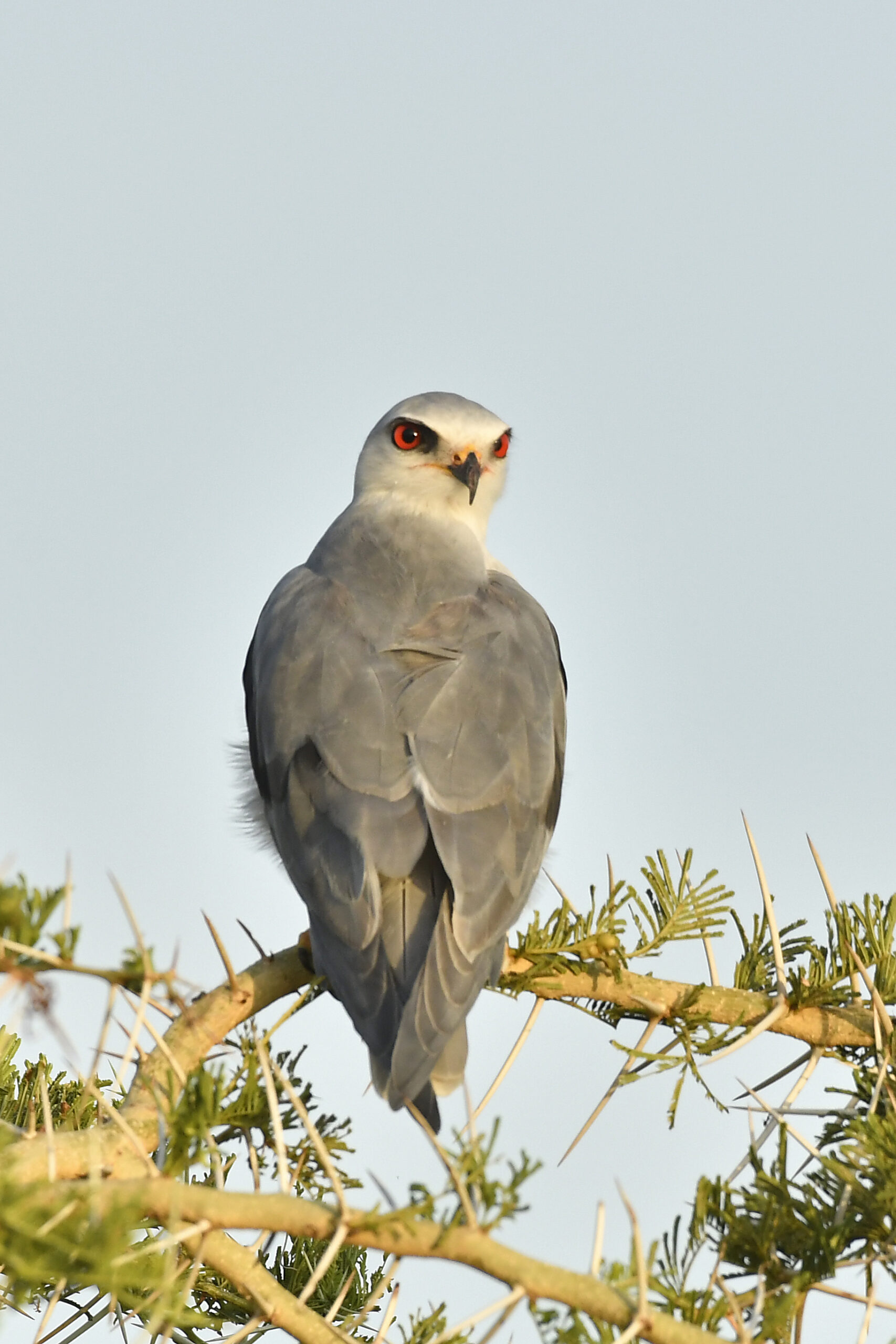
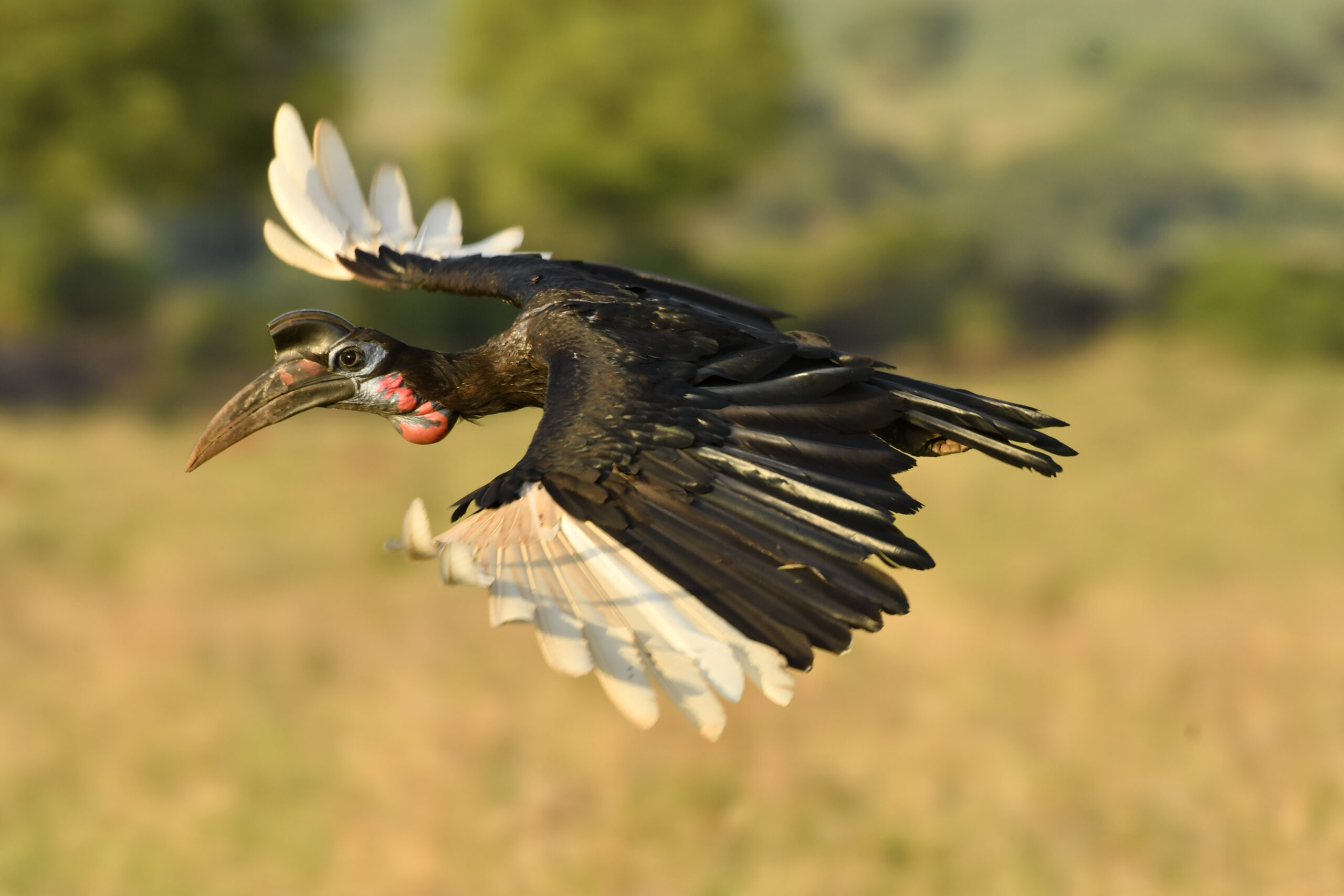
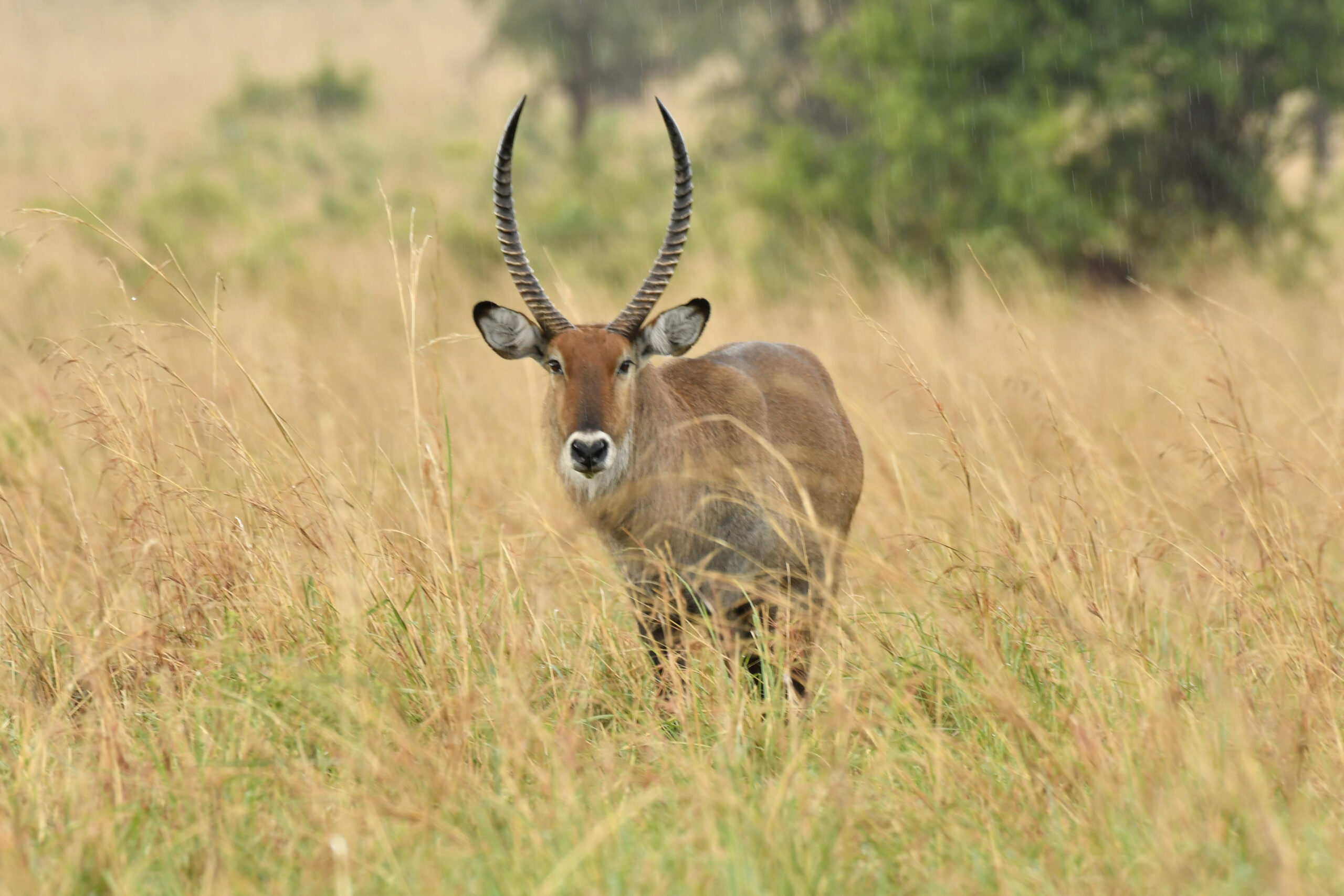
Highlights
Queen Elizabeth National Park – Game drive and Boat cruise – Ishasha sector
The national park is located in western Uganda, spanning the districts of Kasese, Kamwenge, Bushenyi and Rukungiri and is located approximately 376 kilometres (234 miles), by road, southwest of Kampala.
The northern sector area of the park extends from Lake George in the northeast to Lake Edward in the southwest, and includes the Kazinga Channel that connects the two lakes. The park is named after Queen Elizabeth II and is home to 95 species of mammals and over 500 species of birds. The area around Ishasha in the southern sector of the park is famous for its tree-climbing lions, whose males sport black manes, a feature unique to the lions in this area.
The park is also famous for its volcanic features, comprising volcanic cones and deep craters, many with crater lakes such as Lake Katwe, from which salt is extracted.
Set against the backdrop of the jagged Rwenzori Mountains, the park’s magnificent vistas include dozens of enormous craters carved dramatically into rolling green hills, panoramic views of the Kazinga Channel with its banks lined with hippos, buffalo, crocodiles and elephants, and the endless Ishasha plains. Other common herbivores found in Queen Elizabeth National Park include warthogs, waterbuck, Uganda kob and topi, as well as the sitatunga antelope. With an astonishing 5,000 hippos, 2,500 elephants and over 10,000 buffalo thriving in its grasslands and shorelines, Queen Elizabeth guarantees sightings of some of Africa’s most iconic species. Hearing the elephants’ calls reverberate around the crater-filled valleys is a magical experience.
Birding in Queen Elizabeth National Park is an incredible treat as it contains a variety of habitats that range from savanna to wetlands to lowland forests. This diversity is reflected in the list of over 600 bird species, the biggest of any protected area in East Africa. A majority of the birds found in this area are regarded as famous birds of East Africa and are a must see for birdwatchers in Africa!
Queen’s most elusive inhabitants are its felines: lion, leopard, serval and some smaller cats.
Lions are found throughout the park, but the most renowned live in the southern sector of Ishasha, where they rest on the limbs of fig trees. Solitary leopards are nocturnal and fiendishly well camouflaged, making a glimpse all the more rewarding! The smaller cats are also predominantly nocturnal and best spotted on night game drives.
As well as its outstanding wildlife attractions, Queen Elizabeth National Park has a fascinating cultural history. There are many opportunities for visitors to meet the local communities and enjoy storytelling, dance, music and more.
